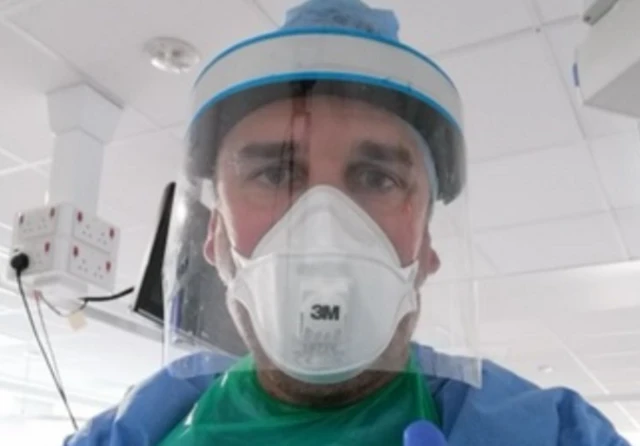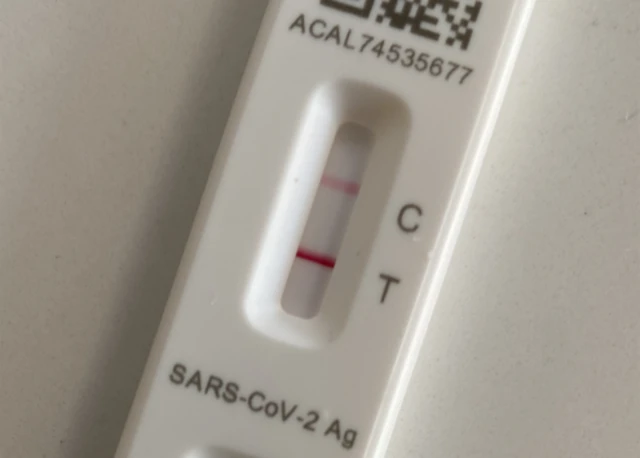Goodbye for nowpublished at 16:53 BST 13 June 2023
We are now ending our live coverage of the first day of the UK's Covid inquiry. Thanks for joining us.
Our writers today were Imogen James, Jennifer McKiernan and André Rhoden-Paul.
The page was edited by Owen Amos, Alex Therrien, Sarah Fowler and Alexandra Fouché.

